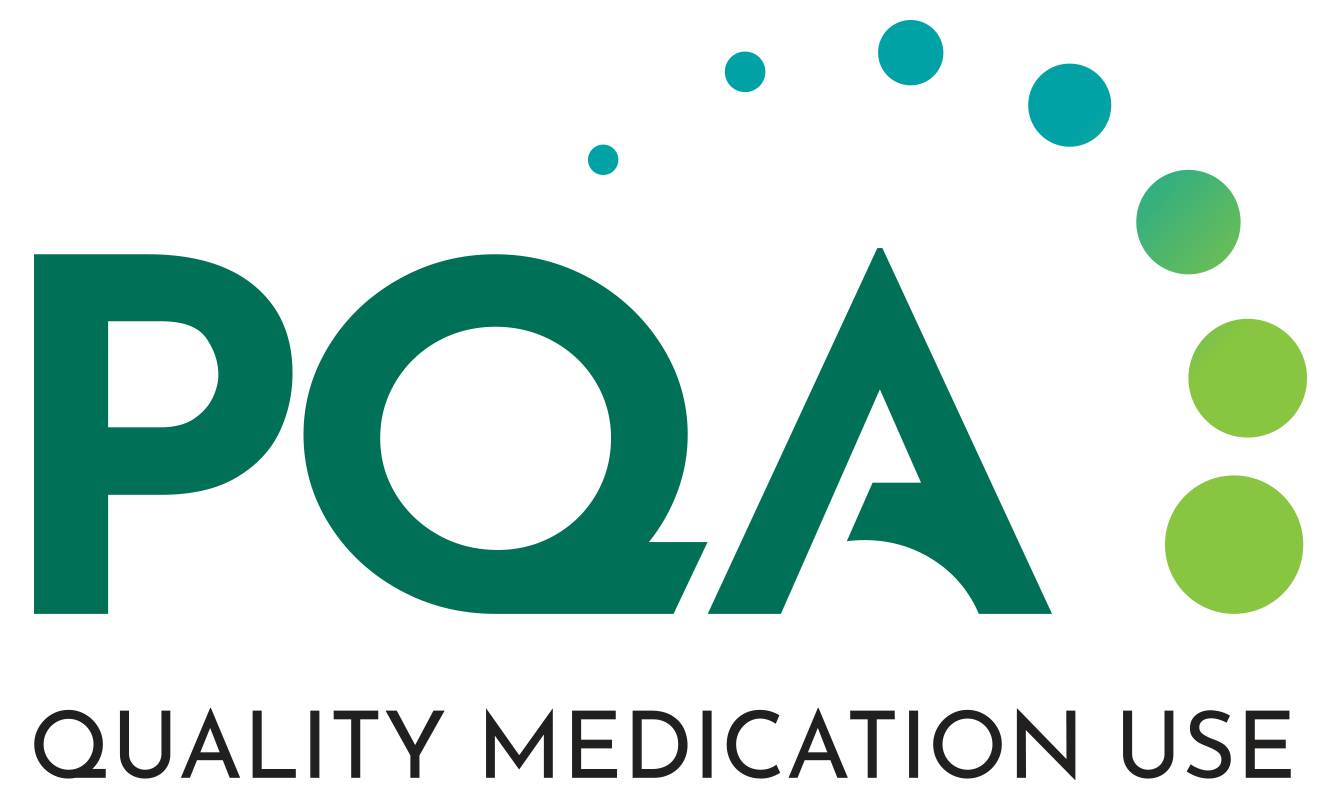
Recommendations for Advancing Health Equity with PQA Quality Measures Detailed in New Report

Key Takeaways
- Stratification by age, sex, and race/ethnicity is recommended for PQA measure testing; age, sex, and geography for quality program reporting.
- Current sociodemographic risk adjustment models are effective; future models should include race and ethnicity, pending data quality.
PQA Health Equity Technical Expert Panel recommendations inform measure testing, use in quality programs, and risk adjustment models
The Pharmacy Quality Alliance (PQA) has published a
- Age, sex, and race and ethnicity are the top recommended variables for stratifying PQA measure testing results, based on feasibility and importance.
- Age, sex, and geography are the most highly recommended variables for stratified reporting of PQA measures used in quality programs, based on immediate feasibility and readiness.
For PQA risk adjustment models, the key recommendations are:
- The current sociodemographic risk adjustment model for PQA adherence measures is meaningful and impactful, and future iterations should consider race and ethnicity among other variables, pending data quality and availability.
- A risk adjustment model for the Proportion of Days Covered: Composite (PDC-CMP) health plan measure could be feasible, and race and ethnicity in addition to existing adherence risk adjustment model variables should be prioritized.
“The TEP provided valuable health equity recommendations for PQA measure testing and use in quality programs, while also providing useful direction for future iterations of risk adjustment models,” PQA Senior Director of Performance Measurement Ben Shirley, CPHQ, said. “Health plans and quality programs can apply these recommendations to identify disparities in their performance and build interventions to enhance medication use quality and equity.
“Other users of PQA measures, such as researchers and educators, can also use these recommendations in their work. Furthermore, this information is a valuable resource for other quality measure developers exploring measure stratification.”
The TEP met six times between June 2023 and March 2024 to develop its recommendations. Twenty-one individuals served on the TEP, including representatives from PQA member organizations and nonmember organizations. Collectively, TEP members provided diverse perspectives from a wide variety of stakeholders, including health plans, pharmacies, life sciences organizations, pharmacy benefit managers, health systems, professional associations, universities, and health technology organizations, among others. The TEP also included patient representatives.
Health equity has grown as a critical area of focus in the United States health care system. Numerous groups have been convened to advance health equity in health care quality measurement. However, limited information has been available that is specific and immediately actionable for PQA measures. The TEP’s recommendations address this gap.
Newsletter
Stay informed on drug updates, treatment guidelines, and pharmacy practice trends—subscribe to Pharmacy Times for weekly clinical insights.





















